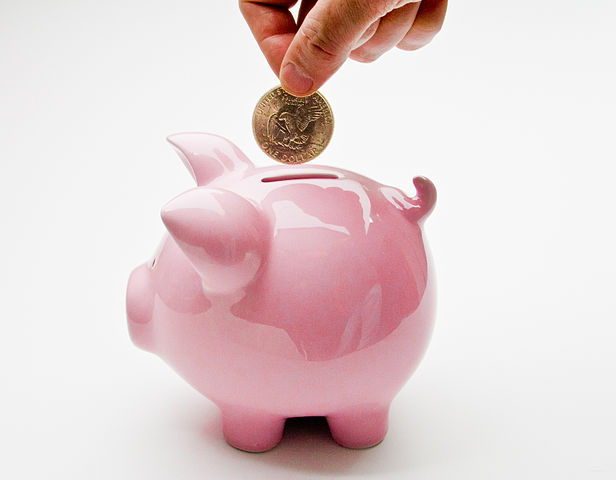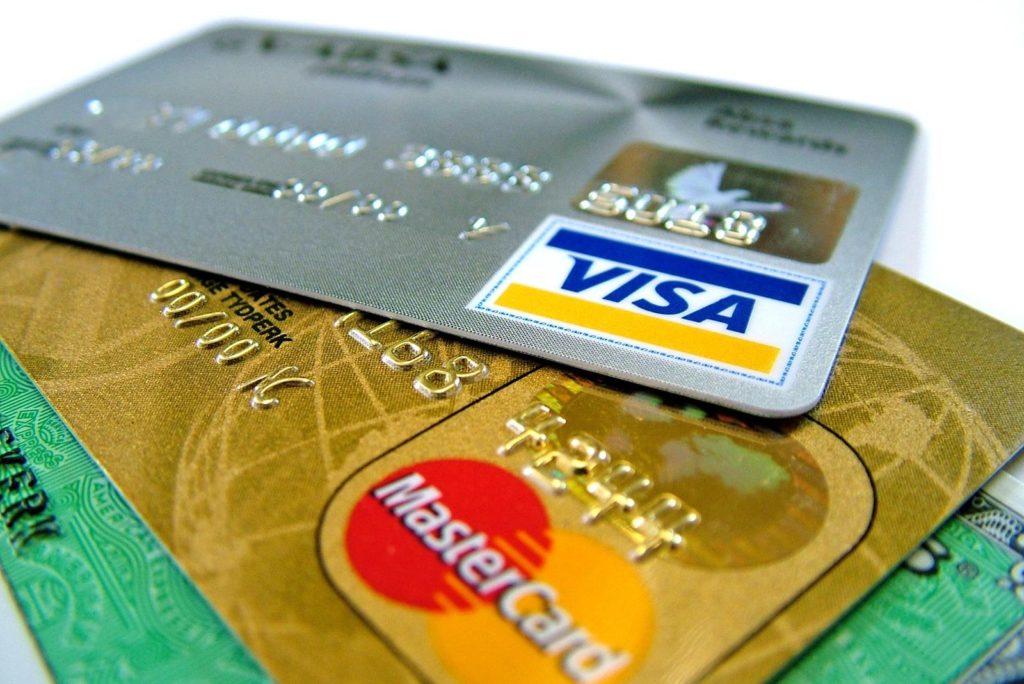

Positive credit is a necessary part of adult life. You can avoid the topic for a while, but at the end of the day, you need to use credit to increase your credit score. A good credit score is necessary to be accepted for mortgages, larger loans, and other financial negotiations. So, where do you start? Here’s absolutely everything that you could possibly need to know about ensuring you have a good credit score.
Bank Accounts
You can have a bank account from a young age. Some lenders will even offer accounts to children as young as six. These aren’t exactly for large amounts of cash. Their main purpose is to teach children how to manage money, even if this is only a few pounds worth of pocket money a week. The fact that banks are interested in teaching kids the basics of financial savvy shows just how important it is. So, if you have somehow made it this far in the world without having your own account, it’s time to open one.
Different bank branches have different types of accounts to offer. Most of them have the same, basic purpose and features. But still shop around and find the best provider for you. Once you have a bank account you can start setting up direct debits. These are scheduled payments for things like bills. If you ensure that there is always the money available in your account to cover your direct debits, your credit score will take its first steps upwards.
Savings Accounts
Savings accounts are relatively similar to bank accounts. The difference? You can only withdraw your money a set number of times a year. They have better interest rates, which means that the bank will reward you for saving your money with them. Having savings show that you can control your finances sensibly and encourages lenders to trust you with larger loans.

Credit Cards
Once you’ve handled a bank account for a while, you might like to start looking into credit cards. Credit cards allow you to lend money for purchases and pay the lender back at a later date. You can clear the entire balance once you have the cash or arrange monthly repayments at a fixed rate.
Find a card with a low APR rate (so you don’t end up paying back a fortune) by using credit cards comparison sites. These will show you all of the cards that are available to you and help you to choose the most appropriate one. Once you have a card, make sure that you keep to your repayments.
As you prove that you can be trusted, many lenders will increase your credit limits and other lenders will become more interested in your business, as your credit score will stay in the black.
Loans
Loans are the bigger lump sums of cash that you can take out from a lender. There are various types. From mortgages (loans that help you to buy a house) to vehicle loans (to be used on purchasing a car) and personal loans (for whatever legal purpose you may need).
Like credit cards, they will have an interest rate. However, this will probably be a more attractive rate than provided by your credit card provider. Stick to repayments and you will never see your credit score sink into the red.
